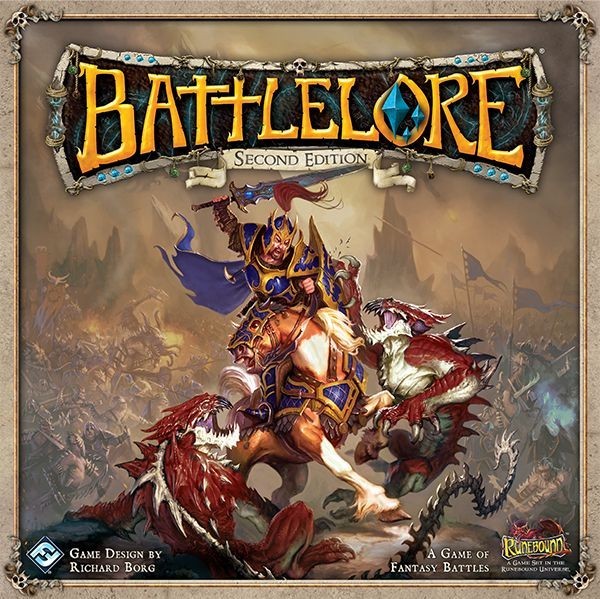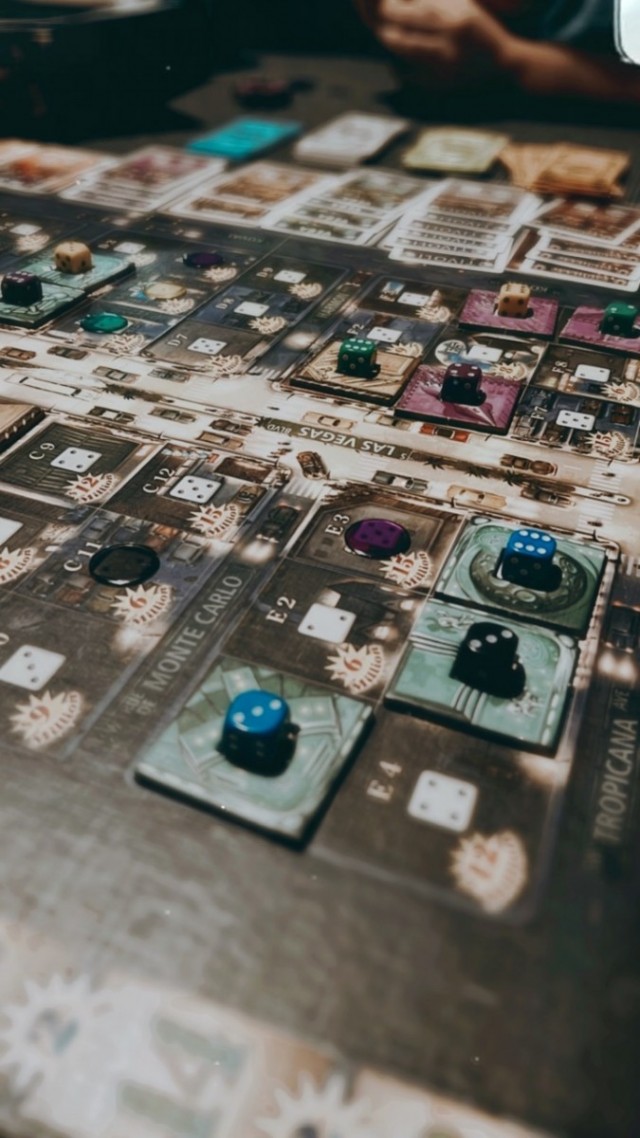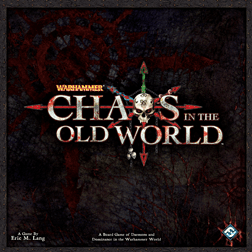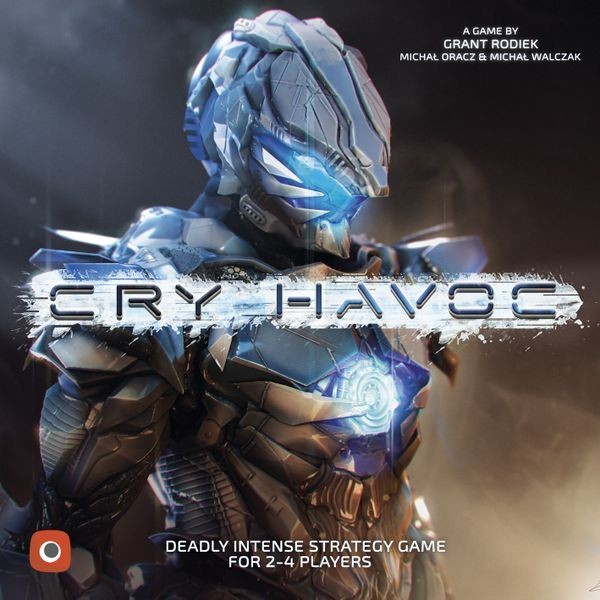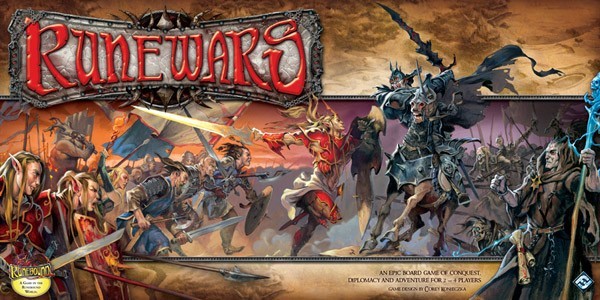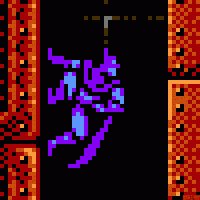This is not quite a review.
Architects of the West Kingdom is a boring game. It's not good enough to be fun, it's not bad enough to be funny, and it's not innovative enough to be memorable. It commits the greatest sin a game can: irredeemable mediocrity. So instead of doing a traditional review where I break down mechanisms and where it fails, I'm going to use it as a springboard to talk about the modern euro and why I keep bouncing off them.
Architects of the West Kingdom is a nakedly athematic game. It's a box of mechanisms that admittedly mesh together rather well: worker placement, resource management, and an interesting action stacking/worker arresting angle that allows players to police each other. What it doesn't try to do is use these towards a greater purpose: the mechanisms are the purpose. The game wants you to operate your machine for the duration of its playtime, count up your points, and be satisfied with that. It offers nothing else. Victory isn't a reward, it's a conclusion to 4 people operating their point machines as someone just barely edges ahead because every game is kept artificially close. The lack of theming means this has no justification unless architecture is a far more boring career path than I've been led to believe.
Theme, however, isn't everything. I enjoy abstract games. Quite a bit, in fact. One of the upcoming Gen Con releases I'm most interested in is Shobu, which looks like someone made a game out of random bits from a home and garden store. But crucially these games tend to be very rules-light. Clear board states, short rules explanations, short play times, high interaction, and direct conflict. Modern euros offer none of these. They're bloated, complex beasts laden in iconography that run an hour long minimum, and often double that. To AotWK's credit it does come in right at the hour mark but so little changes during the course of a game that it hardly matters. There's no arc, no tension, no memorable moments. Just an optimization exercise with nice production while you occasionally inconvenience each other.
It's been said that what sets euro games apart is decisions. Impactful choices sending you down paths that eventually fork into more decisions, occasionally blocking each other's way and forcing a different route, until the arbitrary game end condition is met and you found out who took the best path. Architects has these, sure. But decisions don't belong to soulless euros. Plenty of other games can offer them, and offer them well. Micro-decisions from turn to turn may be impactful but are so individually insignificant so that no turn delivers excitement. Games like this inflict a state of malaise as everyone settles in to stare at the board and poke some wooden bits, slowly advancing towards finally completing a building for roughly the same number of points as their neighbor's building. I've realized that I don't care how important a decision is if it's spread out over 10 turns. Boring important decisions are still boring.
So there's no theme. There's no notable interaction. There's no climactic moments. Why should I play this more? The answer is I shouldn't, so I won't. No more derivative, dull as dishwater conversion puzzles for me. I've given these games enough chances. Give me an unfair, imbalanced, high downtime, brutal game that lets me enjoy the company of the people around the table over these any day.
 Games
Games How to resolve AdBlock issue?
How to resolve AdBlock issue? 

